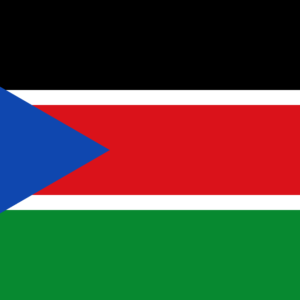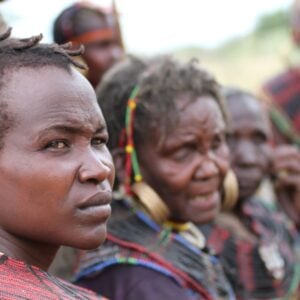As cholera continues to pose a serious threat to lives and livelihoods across Africa, government representatives from the water and health sectors, scientists, and partners convened in Livingstone, Zambia, from 20–22 October 2025, to develop a renewed strategy for ending the disease. The Regional Expert Consultation on Cholera Prevention and Control, organized by the WHO Regional Office for Africa, represents a critical moment in the continent’s ongoing efforts to eliminate cholera by 2030.
Over the past decade, cholera has remained a persistent challenge in Africa, causing millions of infections and thousands of deaths annually. Between 2014 and 2021, the African region accounted for 21% of global cholera cases and a staggering 80% of related deaths. Despite considerable efforts, outbreaks continue to spread across borders, with 23 countries affected in 2025 alone. These alarming trends emphasize the urgent need for sustained, coordinated action to address the root causes of cholera, including weak water and sanitation systems, climate-related disruptions, and population movements.
Dr. Mohamed Janabi, WHO Regional Director for Africa, emphasized that the continued spread of cholera is not inevitable but reflects weaknesses in existing systems that must be strengthened. He highlighted the meeting’s focus on turning lessons into practical solutions and transforming commitments into measurable impacts. Governments and partners share a collective responsibility to prevent communities from suffering from this entirely preventable disease.
The consultation was jointly organized by WHO, the East, Central and Southern Africa Health Community (ECSA-HC), UNICEF, and the Country Support Platform (CSP), gathering over 90 participants, including public health and WASH experts from 20 high-burden countries, as well as partners such as GTFCC, GAVI, IFRC, MSF, WaterAid, the Harvard Global Health Institute, the World Bank, and experts from Bangladesh and Haiti, who bring valuable experience in cholera control.
Discussions centered on overcoming challenges in implementing the Regional Framework for Cholera Elimination (2018–2030) and identifying concrete steps to enhance multisectoral collaboration. Key proposals included establishing a Continental Cholera Task Force and securing dedicated funding to ensure sustained financing and coordinated efforts for prevention, preparedness, and rapid response.
Dr. Dick Chamla, WHO Programme Area Manager for Emergency Preparedness, acknowledged progress made but stressed the need to move beyond emergency response. He called for building resilient systems focused on clean water, sanitation, community engagement, and local vaccine production. The consultation aimed to align technical expertise and political will to make cholera elimination achievable.
During the three-day meeting, participants explored ways to increase vaccine availability, promote local manufacturing of oral cholera vaccines, and strengthen public-private partnerships to ensure equitable access to essential supplies. They also examined the use of predictive modeling, data analytics, and cross-border cooperation to enhance early detection and rapid response efforts.
The outcomes of the consultation will guide the development of a renewed Regional Roadmap aligned with Global Task Force on Cholera Control (GTFCC) targets. This roadmap aims to reduce cholera deaths by 90% and eliminate the disease in at least 20 African countries by 2030. As the meeting concluded, delegates emphasized the importance of sustaining momentum and turning commitments into stronger systems and healthier communities across the continent.







